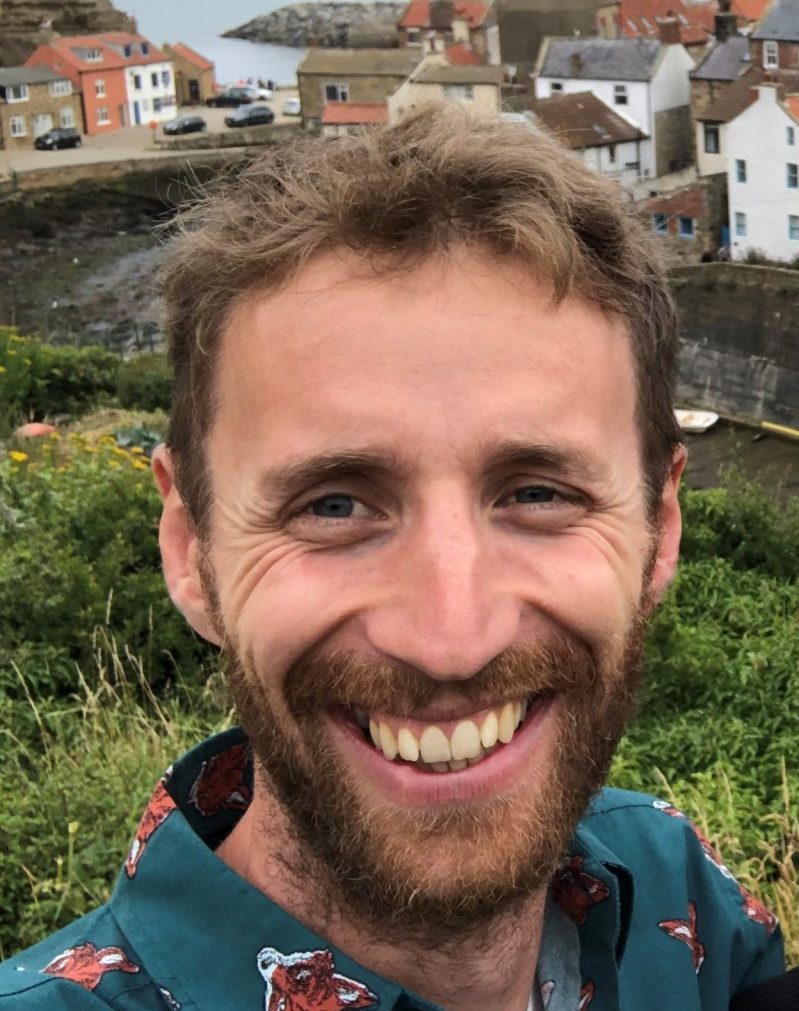Matt Guy
PhD
PhD
Matt is a spatial scientist with an interest in woodland creation and restoration. His research explores how landscape factors and local ecological processes influence biodiversity, functioning and emergent properties of these habitats to inform practitioners and policymakers. In addition, Matt works as part of a team developing methods to monitor woodland change at landscape and national scales.
Matt has a background in ecology and has worked across a broad range of taxa, ecosystems and settings including studying bats as pest control on coffee plantations, invertebrate communities in short rotation willow coppice and investigating the use of small agricultural woodlands by medium to large mammals. Matt completed his PhD at the University of Stirling (2019) investigating the effects of seabird colonies on nutrient cycling, plant and invertebrate communities on blanket bog in Shetland

Alice Holt
Alice Holt Lodge
Wrecclesham
Farnham
Surrey
Research project aiming to map and assess the ecological role of Trees outside Woodlands (ToW) in England. By studying ToW distribution, biodiversity value, and conservation needs, the project aims to protect and enhance ToW's contribution to biodiversity in fragmented landscapes.
Ancient woodlands provide some of Great Britain’s most biodiverse and culturally significant habitats. Current planning policy aims to protect these ‘irreplaceable’ habitats from the direct and indirect impacts of nearby development. However, assessing the potential impact of development on nearby habitats is complex and impeded by evidence gaps. Our aim is to deliver evidence to underpin future policy, practice, and industry guidance critical to safeguarding ancient woodlands whilst supporting responsible development and woodland use.
This report presents ten key insights about working with natural processes for woodland creation that have emerged from our research.